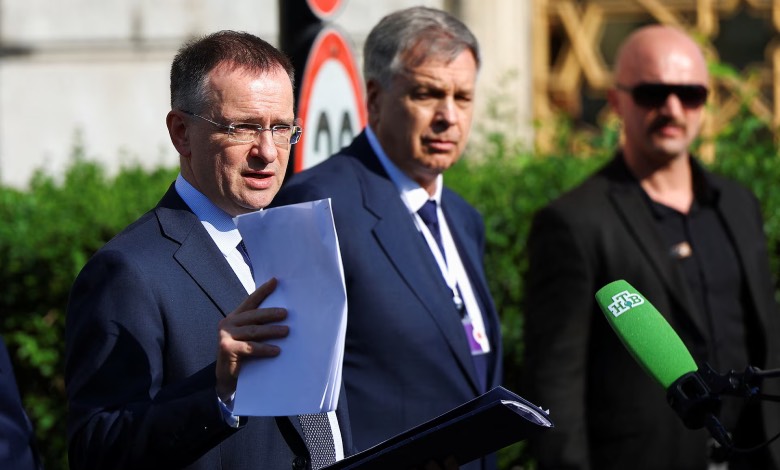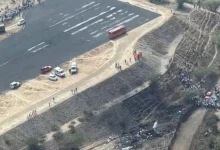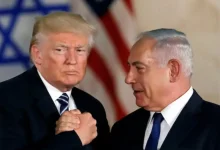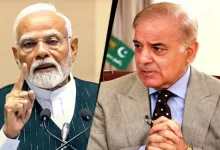Russia Proposes Two Ceasefire Paths in Istanbul Talks
Russia has presented Ukraine with two distinct ceasefire proposals during the latest round of negotiations held in Istanbul, according to Russian state news agency RIA.

The meeting, which took place on Monday at Istanbul’s Ciragan Palace, was the second round of talks between the two countries and ended shortly after it began. Turkish officials said the session lasted less than an hour and started nearly two hours late, with no official reason given for the delay.
Tensions were high following a large-scale Ukrainian drone strike on Russian nuclear-capable bombers the previous day. The Russian delegation appeared visibly frustrated at the outset, amid calls from pro-war bloggers urging Moscow to retaliate strongly against Kyiv.
Turkish Foreign Minister Hakan Fidan acknowledged the gravity of the discussions, telling both delegations, “The eyes of the whole world are focused on the contacts here,” as negotiators sat across from each other.
According to Russia’s chief negotiator Vladimir Medinsky, Moscow submitted a memorandum divided into two parts: one outlining steps toward a durable peace and the other detailing proposals for an immediate ceasefire.
RIA reported that Russia’s first proposal demands a full withdrawal of Ukrainian military forces from four regions Moscow claims as its own: the Donetsk and Luhansk People’s Republics, as well as the Zaporizhzhia and Khersonregions.
The second option includes a comprehensive set of conditions, such as:
- A halt to Ukrainian troop redeployments
- Suspension of mobilization and start of demobilization
- A ban on foreign military support or foreign troop presence in Ukraine
- An end to Ukrainian sabotage activities against Russia
- Mutual amnesty for political prisoners
- Release of detained civilians on both sides
The broader framework also calls for Ukraine to lift martial law and hold national elections within 100 days of doing so. Additionally, it proposes the gradual restoration of diplomatic and economic relations, the waiver of wartime claims, and joint efforts to reunite families and support displaced individuals.




